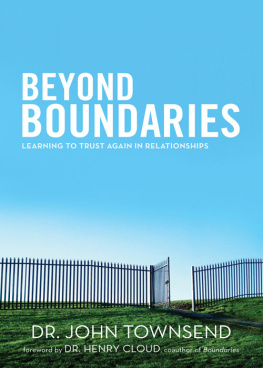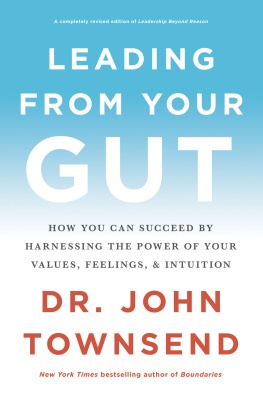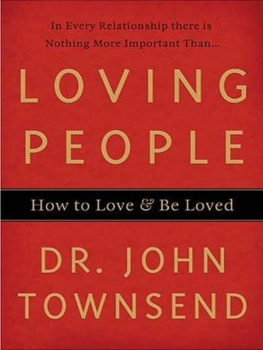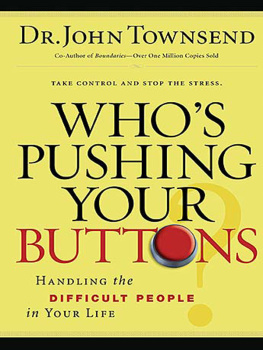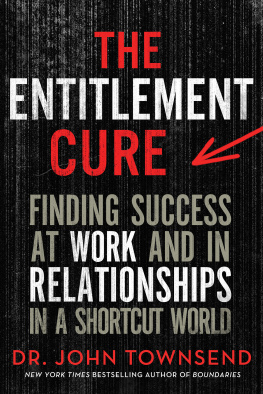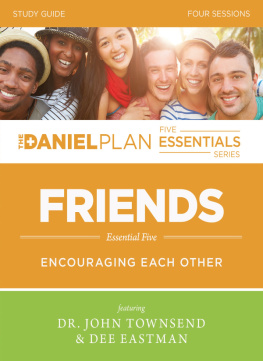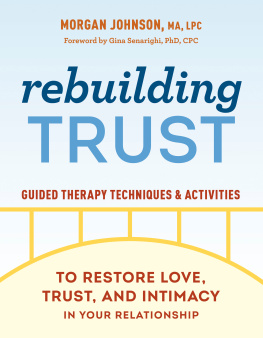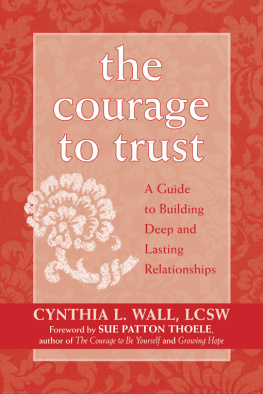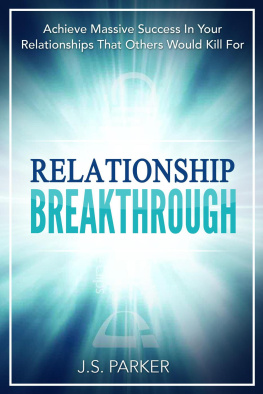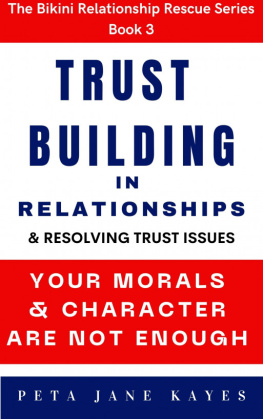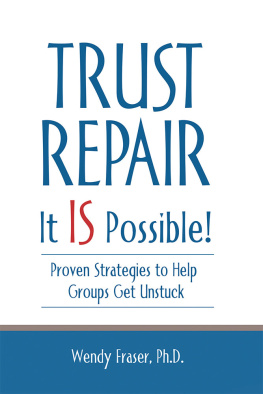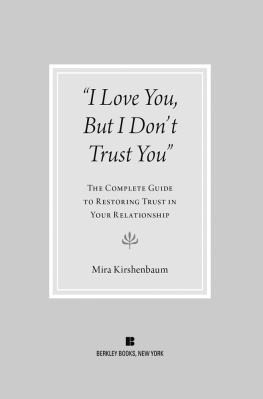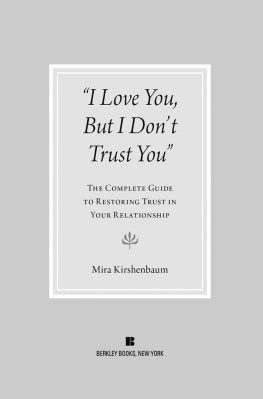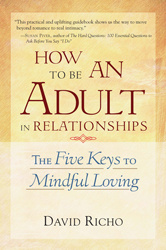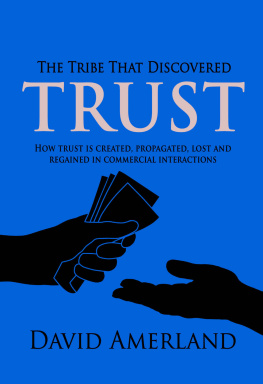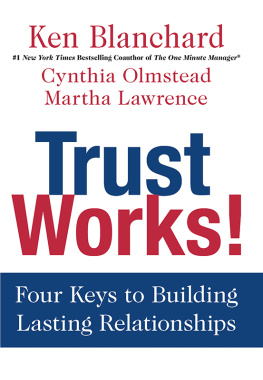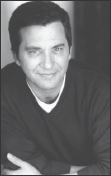Dr. Henry Cloud and Dr. John Townsend have been bringing hope and healing to millions for over two decades. They have helped people everywhere discover solutions to lifes most difficult personal and relational challenges. Their material provides solid, practical answers and offers guidance in the areas of parenting, singles issues, personal growth, and leadership.
Bring either Dr. Cloud or Dr. Townsend to your church or organization.
Other opportunities to experience Dr. Cloud and Dr. Townsend:
For other resources, and for dates of seminars and workshops by Dr. Cloud and Dr. Townsend, visit: www.cloudtownsend.com
The Draw to Relationship
You and I are drawn to seek out relationships with others. We have an internal drive that propels us toward others. In fact, we have lots of other drives as well: we go online when we are information-driven. We walk to the kitchen when we are hunger-driven. We go shopping when we are clothing-driven. And we talk to people when we are relationship-driven. This isnt really an option. We are simply designed this way by God.
Our draw to relationship can be for companionship, business, love, or romance. The draw is strong and compelling. But it is not always well-informed, healthy, or full of good judgment. And so we often make bad choices, or we dont handle our relationships the way we should. We seek people out, not expecting to have to set boundaries. Then, after a relational struggle and some time in figuring out what happened, we again seek people out we hope, in a wiser way. It is important to understand how completely drawn we are to finding others.
The problem of moving beyond boundaries begins by acknowledging a simple reality: we need to move beyond our self-protection because we are inevitably and permanently drawn to connect with others.
No one enters a relationship expecting a disaster. We dont anticipate things to run off the rails. We start off with hope, a desire for something good. We hope that friendship, intimacy, safety, and substance will develop. We hope that over time, the relationship will deepen and enrich our lives and perhaps lead to further commitment. This is where we want the relationship to go. In the beginning, we become interested in a person for many reasons: looks, shared interests, character, values, preferences. And once we determine that there might be potential for something good, we invest time and energy into seeing what can happen. But we always begin by hoping for the good.
This drive is not really a choice; its an undeniable part of the way were wired up. We are designed to seek out relationship and to hope that it will be a positive thing. We experience a draw a move or a desire to find someone outside of our own skin with whom we can share life. We want someone to understand us, to spend time with us, to help us find solutions to our problems. We are drawn outside of ourselves.
We find this in the first relationship in life, which is an infants attachment to her mother. As soon as she emerges from the womb, she immediately searches for a presence to make her safe, protect her, and give her some semblance of predictability in the chaos of her first few minutes of life. It is an innate and instinctual act.
God created this draw toward relationship. The draw is toward himself, and we are told to look for his presence: Seek the L ORD while he may be found (Isaiah 55:6). It is in relationship with God that we find ultimate connection and meaning. And by Gods design, the draw is also toward others: Two are better than one (Ecclesiastes 4:9). We are at our best when we are connected deeply to God and to the people who matter most. That, along with a meaningful purpose and task, creates the best life possible.
Human connectedness provides a host of benefits for us. People who have healthy relationships live longer, have fewer health issues, and suffer fewer psychological disorders, to name a few areas. Relationships are simply the fuel for life, and they help power our activities and inner worlds in the directions they are to go. Isolation and destructive relationships, by contrast, are something to recover from, not something that benefits us.
Though most of us are aware of all the advantages of connection, we are not drawn to it primarily because of these benefits. We seek relationship because we want it and need it at a deep level that cannot be ignored. It can be pleasurable and fulfilling to love and be loved. And it can be painful and unfulfilling when things break down. We seek out jobs we feel passionate about, restaurants we love, and movies we feel alive in, all because we long for the experience of connection. The same is true for relationships.

